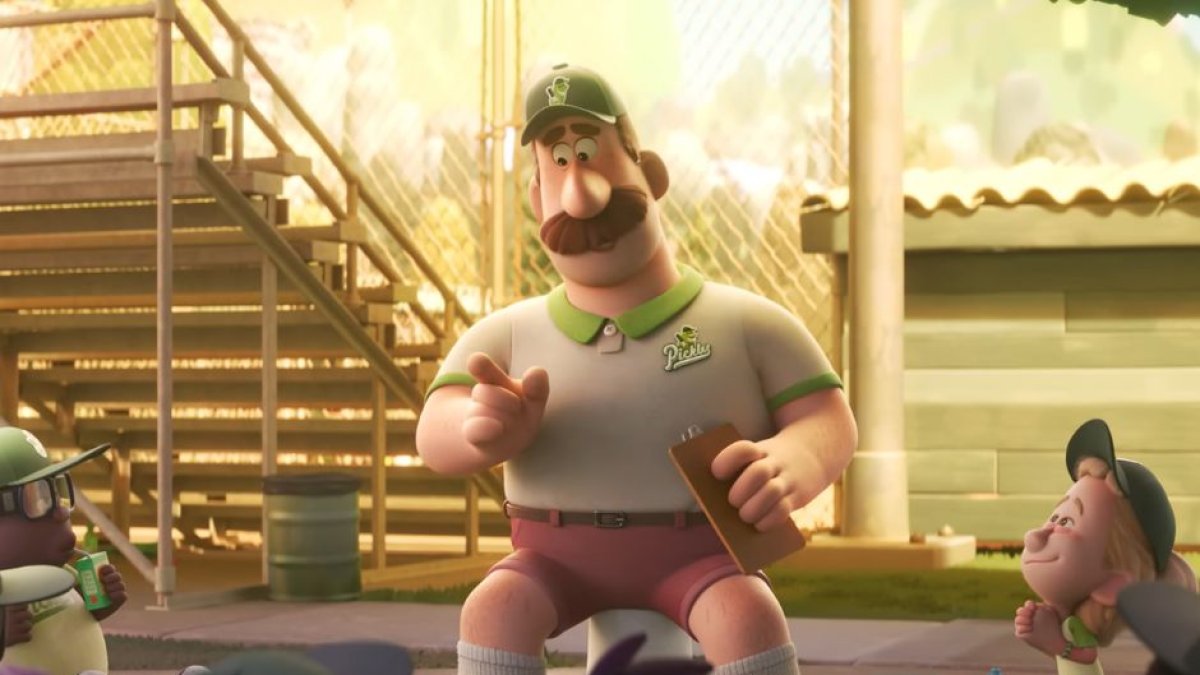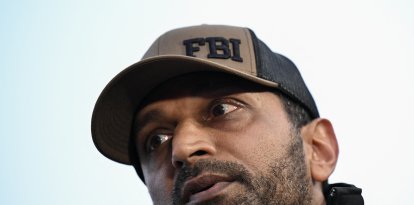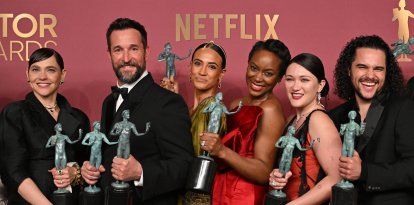Disney removes a trans character from the children's series 'Win or Lose'
The company justified having removed an episode of its series dedicated to a trans child by saying that "many parents would prefer to discuss certain subjects with their children on their own terms."

Screenshot of the 'Win or Lose' trailer
Pixar removed an episode dedicated to a transgender character from its children's series Win or Lose, according to a report by The Hollywood Reporter. It also reportedly removed dialogue about gender identity from the rest of the series.
"When it comes to animated content for a younger audience, we recognize that many parents would prefer to discuss certain subjects with their children on their own terms and timeline," a spokesperson for Disney, which owns the animation company, explained the reversal.
According to THR, a source with knowledge of the facts assured that the decision was made months ago. Although the character remains in the animated series, he will not have a full episode dedicated to him, as will other members of the Pickles softball team.
The dialogues had already been recorded. The actress is a trans who, in conversation with Deadline, protested the decision and explained, "It’s just that my character would now be a cis (i.e., non-transgender) girl, a straight cis girl."

Society
DEI policies, doomed: companies and administrations eliminate them from their structures
Alejandro Baños
The same company that last year introduced Pixar's first non-binary character, would now be reserving LGBT content to its adult products, according to THR. Disney has starred in several controversies over its children's content. A Rasmussen Reports poll revealed earlier this year that 71% of American adults wanted the company to return "to wholesome programming and allow parents to decide when their children are taught about sexuality."
Since his return to CEO, Bob Iger has insisted at shareholder meetings and television studios that under his watch, the company does not seek to promote any agenda, and that its main goal is simply to entertain. Earlier this year, in an interview with Variety, he maintained that he didn't like the term "woke," and "I think it's an umbrella term." "I'm not a hundred percent sure I even know what it means, and one could argue that sometimes it's used too liberally."
"Our primary purpose is to entertain... We try to have a positive impact on the world but the first thing we need to do is entertain," he reiterated.

























